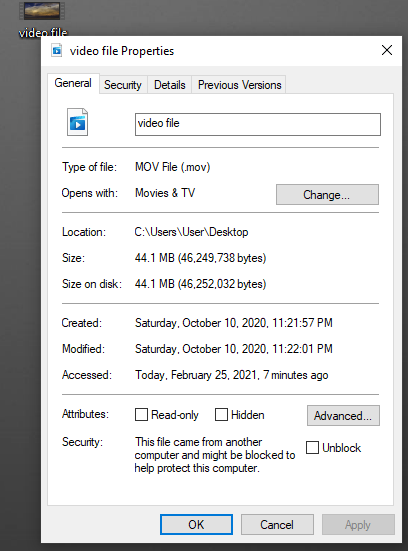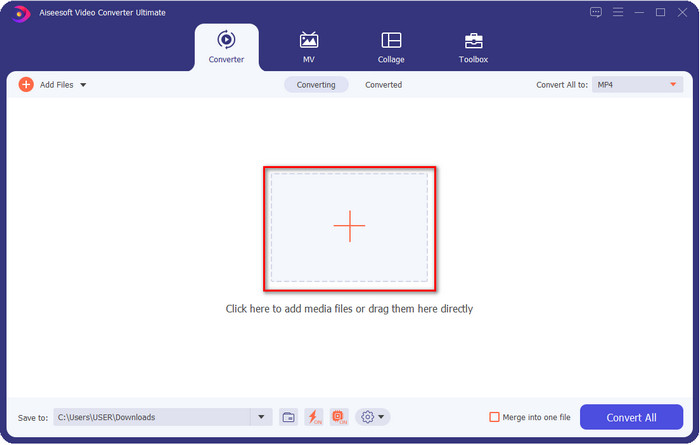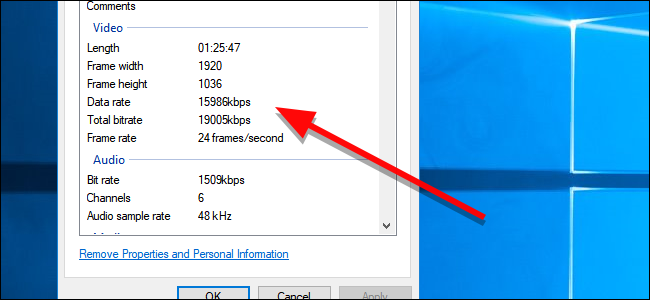
If there is user data and metadata stored in the same location, and both declare the same information, for example, declare a copyright notice, the metadata takes precedence. Only one metadata atom is allowed for each location.
#VIEW VIDEO METADATA MAC MOVIE#
Within a QuickTime file, metadata can be stored within a movie atom ( ‘moov’), a track atom ( ‘trak’) or a media atom ( ‘mdia’). This identification allows for a default value (suitable for any language or country not explicitly called out), a single value, or a list of values. LocalizationĪ metadata item can be identified as specific to a country or set of countries, to a language or set of languages, or to some combination of languages and countries. Metadata is stored immediately in the corresponding atom structures, by value. It is recommended that reverse-address format be used in the general case: this provides an extensible syntax for vendor data or for other organizations or standards bodies. A key is tagged with its namespace allowing for extension in the future.

These keys may be four-character codes, names in reverse-address format (such as “”) or any other key format including native formats from external metadata standards.

It uses an extensible namespace allowing for meanings or keys to be added, and then referenced, from metadata items. The meaning of a metadata item identifies what it represents: a copyright notice, the performer’s name, and so on. See the Well-Known Types table for details of the standard, defined data types. The storage type of metadata items is defined via an enumerated list of data types, defined statically an example might be “plain Unicode text”.

The method of storing metadata defined in this section provides an extensible and flexible design for handling a wide variety of metadata types. Note: The QuickTime file format also defines user data which, in some limited cases, can be used to store metadata.


 0 kommentar(er)
0 kommentar(er)
